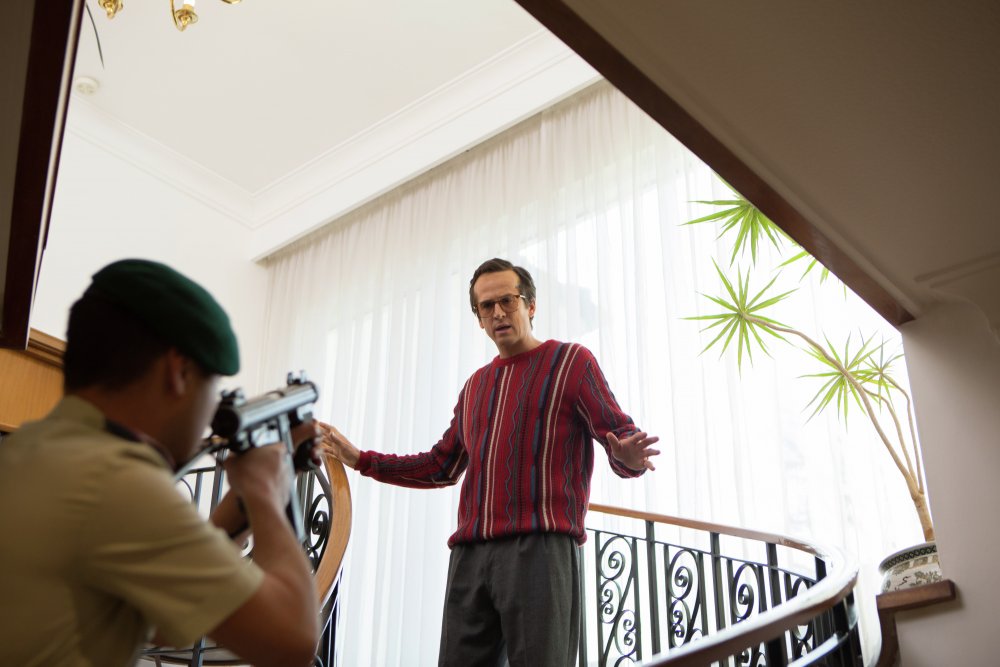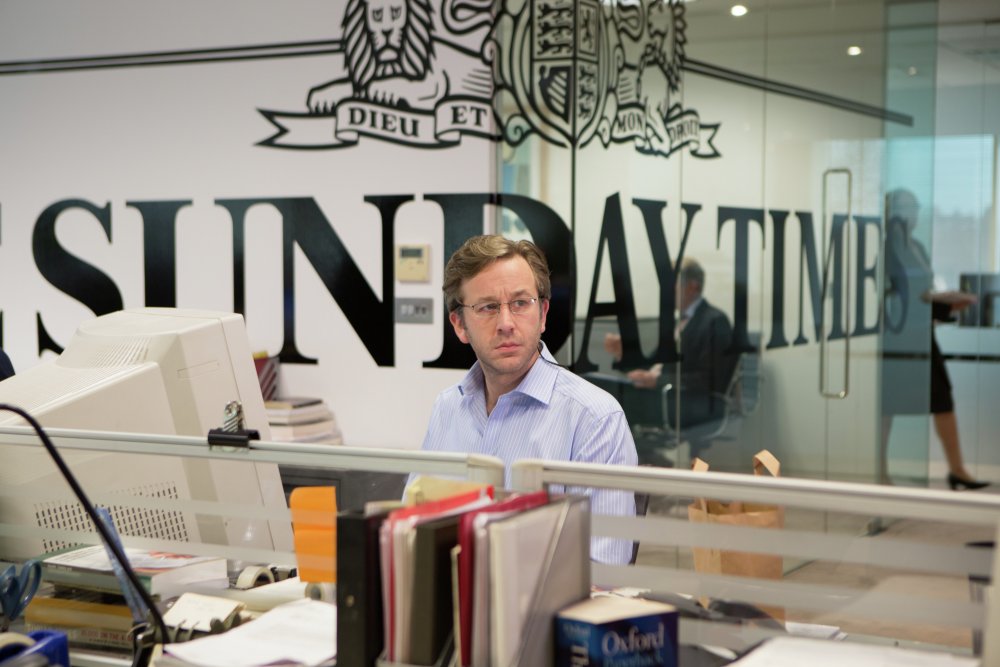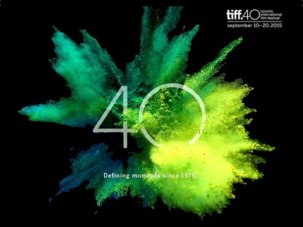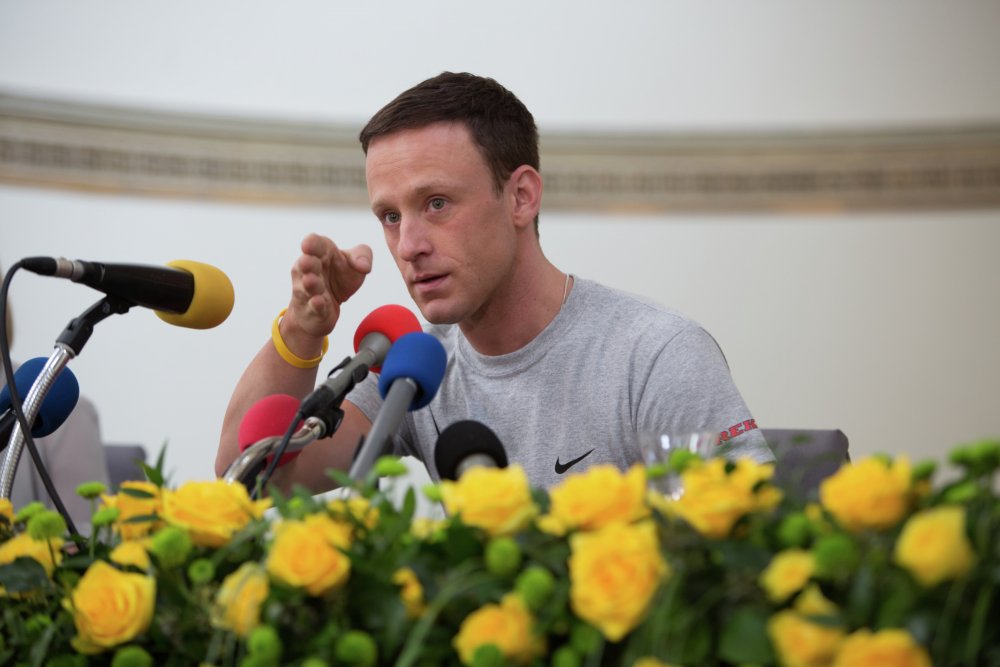The Lance Armstrong lie is the fib that keeps on giving, inspiring several books, two cinema documentaries (The Armstrong Lie; Stop at Nothing: The Lance Armstrong Story) and now a dramatised version with Ben Foster as the disgraced cyclist. Two years after his look at a very different kind of champion in Muhammad Ali’s Greatest Fight (2013), director Stephen Frears returns to the world of sport in an attempt to get under the skin of the infamous pro cyclist who came back from testicular cancer to romp to victory seven times in the Tour de France between 1999 and 2005 before finally confessing to using performance-enhancing drugs.
The Program picks up with Lance in the early 1990s, when the athlete first begins to compete in Europe but finds himself struggling to keep up with native racers. Enter Michele Ferrari (played with villainous relish from behind Peter Bogdanovich glasses by Guillaume Canet), an Italian sports doctor with an expertise in blood transfusions and other illicit means of helping cyclists get quickly up those French mountainsides.
It’s clear early on in the film that Frears isn’t so interested in cycling as in the crime and deception of the Armstrong cover-up, and Ferrari is his great criminal mastermind in the shadows. Worthy of a Frankenstein movie is a hammy flashback to Ferrari’s eureka moment in a medical lecture when he first gets wise to the superhuman possibilities created by blood tampering. The demonic doc can barely conceal his awakening God complex.

The Program (2015)
Where the allure of Alex Gibney’s film The Armstrong Lie was seeing the incorrigible cyclist still attempting to ingratiate himself to the camera, The Program makes no attempt to endear us to its villainous protagonist. Nor does it gesture at any explanation as to why winning at all costs was always so important to him – or how that impulse made him different from other racers.
Missing in Foster’s otherwise uncanny impersonation is the sly charm and self-composure with which Armstrong was able to dupe so many people for so long; instead, with his piercing, pinprick eyes, Foster’s Armstrong seems transparently sociopathic, repeatedly intoning his delusional mantra “I have never tested positive” as if he even believes it. With appropriately vampiric connotations (at one point, the blood transfusion bags are proffered to a merry “The bar is open!”), facially Armstrong looks increasingly less the athlete and more like an addict: his hollow, eye-bagged stare betrays how the elation of victory has been drained out of him by the psychological strain of his deception.

The Program (2015)
The thorn in Armstrong’s side is Sunday Times journalist David Walsh, whose personal crusade against the famous racer doubles as an effort to win back his own affection for a sport sullied by chemists and corruption. As Walsh, Chris O’Dowd provides both moral compass and some flip comic relief – though the film’s funniest moment is reserved for a lacklustre meet-cute between Armstrong and his future wife that cuts abruptly to their wedding after only a cursory exchange about bicycles.
She then vanishes from the film, when in fact The Program might have benefitted from a more intimate angle on its sham champion. But Frears’ film doesn’t attempt to dig up anything new or profound so much as zip entertainingly round the twists and turns of an episode of recent sporting villainy whose fascination happily survives the retelling.
-
Toronto International Film Festival 2015 – all our coverage

Follow our reviews from the 40th edition of TIFF.
-
The Digital Edition and Archive quick link
Log in here to your digital edition and archive subscription, take a look at the packages on offer and buy a subscription.







